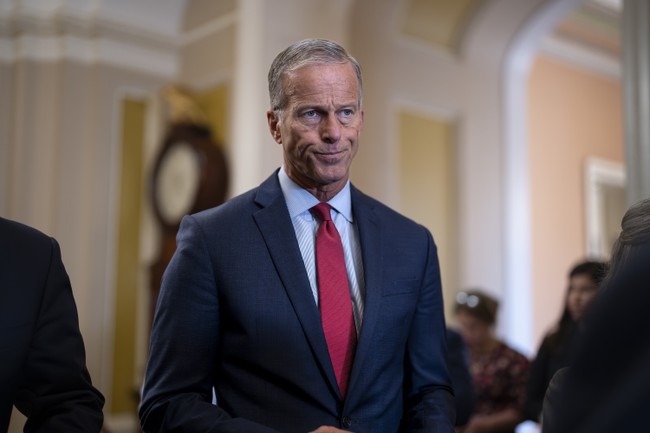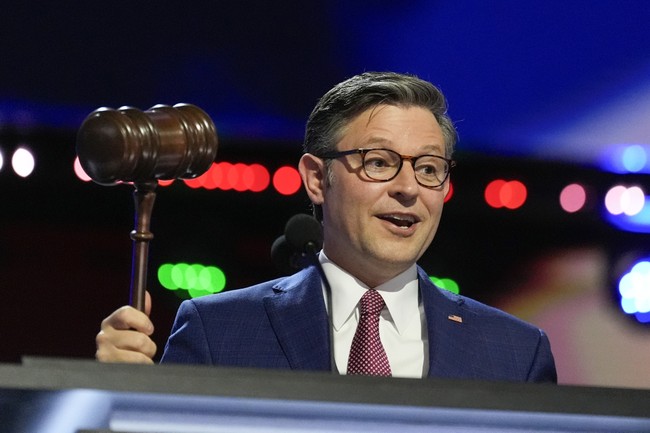Elise Stefanik's Path to UN Ambassadorship
Explore how Elise Stefanik's appointment as US Ambassador to the United Nations highlights her journey from moderating Republican to one of Trump's most staunch allies.
Published November 12, 2024 - 00:11am

Image recovered from guardian.ng
In a move marking a significant step in shaping his administration, President-elect Donald Trump has named Representative Elise Stefanik as the United States Ambassador to the United Nations, a role that is set to elevate Stefanik's national profile. Known for her steadfast loyalty to the former President, Stefanik represents a faction of the Republican Party that strongly aligns with Trump's America First policies.
Elise Stefanik, a Harvard graduate and the youngest woman ever elected to Congress, has undergone a political evolution that mirrors the shifting dynamics within the Republican Party. Initially seen as a more moderate voice, she has risen to prominence as a fierce advocate for Trump's agenda, often taking public stances that reinforce her alignment with his policies and political rhetoric.
Her nomination has already generated significant attention. Trump, who never conceded his 2020 election loss, is set to return to the White House following a victorious election campaign on November 5. Amidst these developments, Stefanik's role as UN Ambassador not only underscores her political clout but also signifies Trump's strategic appointment of allies who share his vision and are prepared to challenge the status quo of international diplomacy.
Stefanik's staunch support of Trump has been evident throughout her political career, particularly during significant events such as the impeachment proceedings, where she fiercely defended him. Her loyalty was rewarded with a leadership role in the Republican Conference, further solidifying her status as a pivotal figure within the party.
Her tenure at the UN is expected to reflect her conservative views, especially in matters related to US-Israel relations and the criticism of the United Nations for perceived biases. Stefanik has consistently advocated for Israel, often condemning anti-Israel sentiments and accusing the UN of harboring antisemitic tendencies, particularly in its response to conflicts involving Israel, such as those in Gaza.
Stefanik's appointment also highlights significant implications for US foreign policy, especially concerning the UN's role in international conflicts. She has previously vocalized strong opinions about the need for the US to reassess its financial contributions to the UN, particularly in light of resolutions and actions deemed unfavorable to American allies.
Her positions on various international issues often put her on the frontline of diplomatic debates. For instance, while she initially supported aid to Ukraine in its conflict with Russia, her later votes depicted a more complex stance, prioritizing domestic over foreign expenditures amid rising border security concerns in the US.
In conjunction with Stefanik's appointment, Trump demonstrates a broader strategy within his administration by prioritizing appointments that might bypass Senate confirmations, aiming to expedite the setup of a team aligned closely with his policies. His choice of Tom Homan, a strong proponent of strict immigration enforcement, aligns with this approach. Such decisions indicate a potential shift in domestic and international approaches under Trump's impending presidency.
This impending ambassadorship situates Elise Stefanik at a pivotal axis of global politics, where her actions and decisions will have far-reaching impacts both domestically and internationally. As she prepares for her role at the United Nations, the implications of her past advocacy and future initiatives will undoubtedly unfold in ways that echo Trump's vision and extend her influence.







